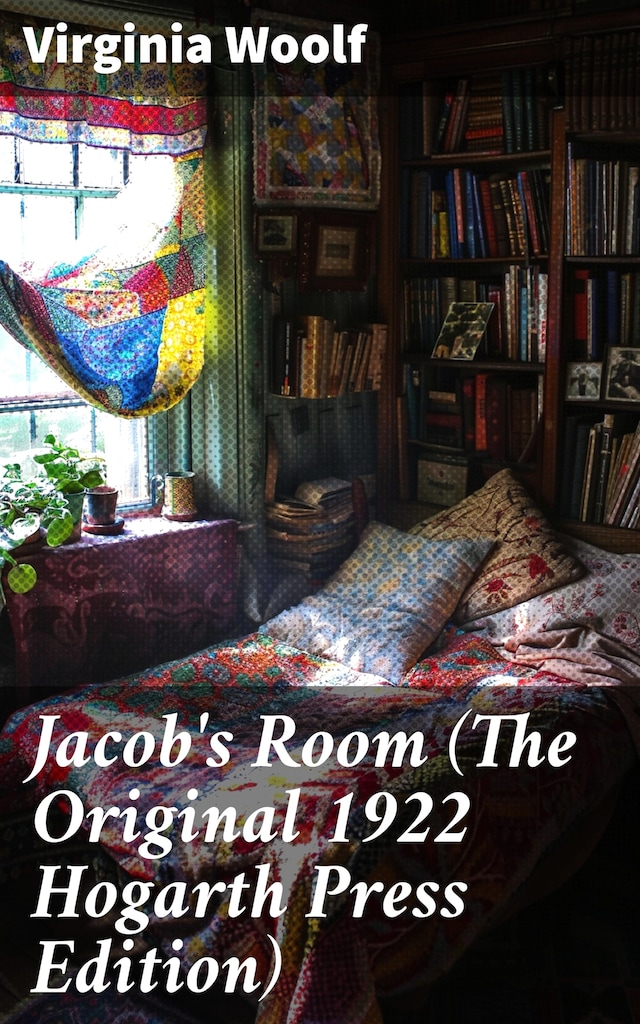
Jacob's Room (The Original 1922 Hogarth Press Edition)
An Introspective Journey into Individuality and Impermanence

